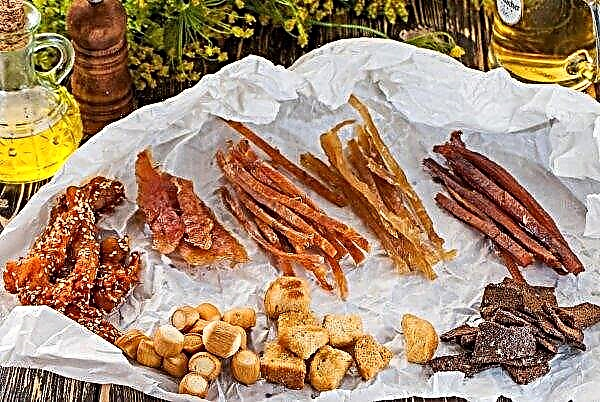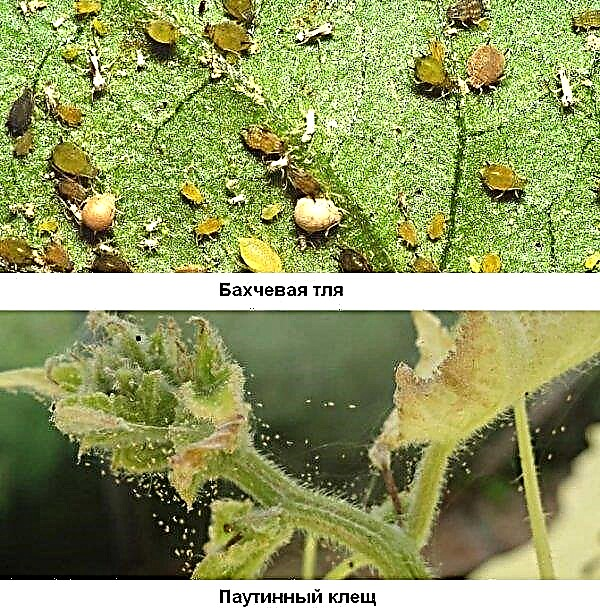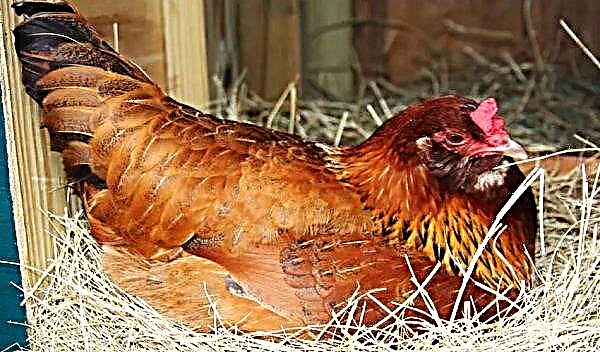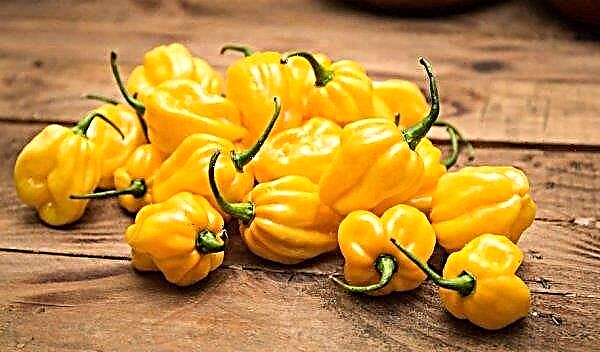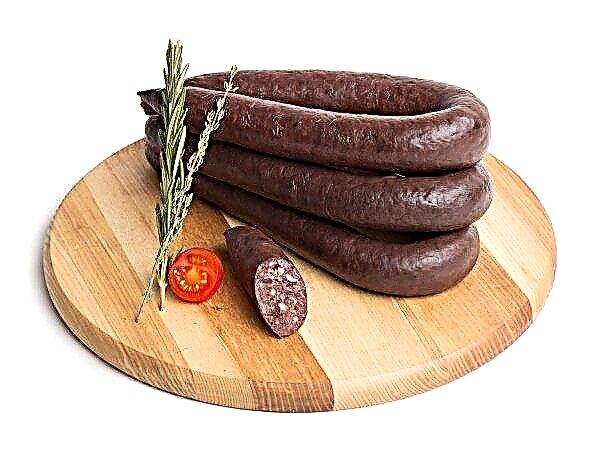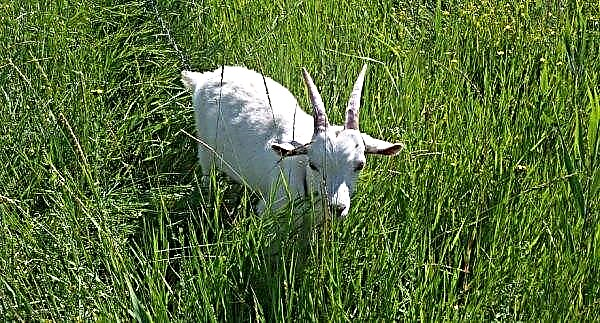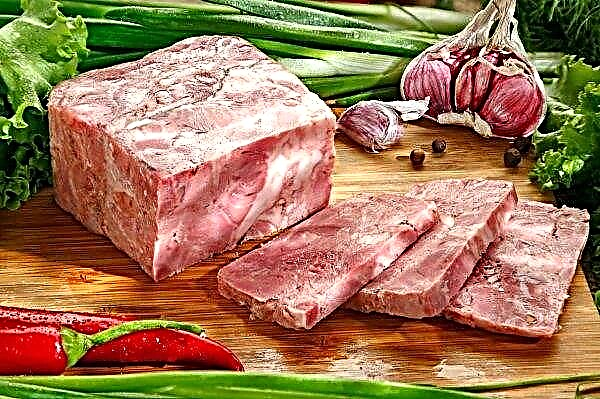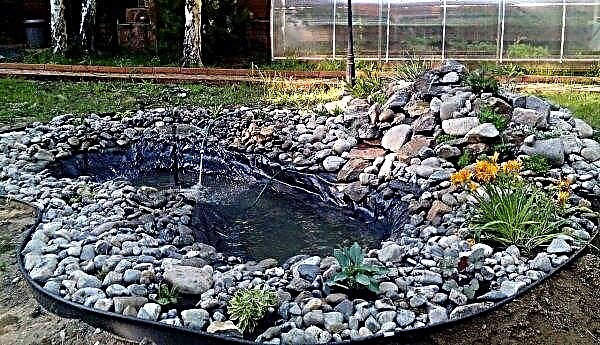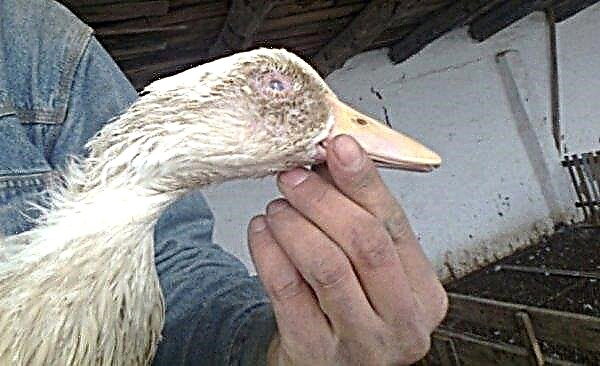Wet and cold weather puts pressure on both arable and dairy farmers throughout the country, and there are no signs of an improvement. Terrible soil conditions have led to a halt in arable land, while milk suppliers are struggling to bring calves to early grass.
Poor pasture and arable conditions were exacerbated by torrential rains associated with the Dennis weekend storm, and soil temperature fell as a result of the cooling that followed.

Tipperary agricultural consultant, PJ Felan, said the prospects for grain producers were grim, with enormous workload at the farm level. "Since very few winter crops have been sown, and till now there has been little plowing of spring crops "Said Mr Phelan.
Ireland not only fully meets its needs for meat and dairy products, but also exports more than 85% of these products. It produces enough food to feed 36 million people. Meat and dairy products make up more than half of the country's exports. Thus, Ireland is the largest exporter of meat and milk in Europe.
Farmers fear that late spring will put enormous pressure on the industry, as the sown area of spring crops will increase by 60-70 thousand ha and this year may exceed 200 thousand ha. "If the weather improves, we can at least do something. But we have been looking at the rain since last October, ”said one frustrated gardener gardener.
Although rainfall returned to normal in January, February will become the wettest for some time. February precipitation to date has already exceeded the average monthly amount at most weather stations, although 10 days are left before the end of the month.

The Department of Agriculture’s decision to allow some cereal producers to derogate from the “three-crop rule” eased pressure, said PJ Felan. However, he insisted that it was now necessary to clearly define which manufacturers had the right to retreat and which did not. He also called for a review of the exclusion of fodder beets from the three-crop rule.
- Over the past few days, areas of central, eastern and southern India have been exposed to heavy rains, which created havoc during harvesting, while cumulative seasonal precipitation in India exceeds the norm by 5%, in central India an excess of 24% was recorded, which led to floods in many areas.
- Heavy rainfall in the form of showers aggravated the already tense situation on the agricultural lands of the Primorsky Territory.
- Sowing of winter wheat this season is rather slow due to drought, lack of moisture and lack of rainfall, however, rainfall up to 6-7 mm. That fell this week contributed to the acceleration of wheat sowing in the Sumy region.

